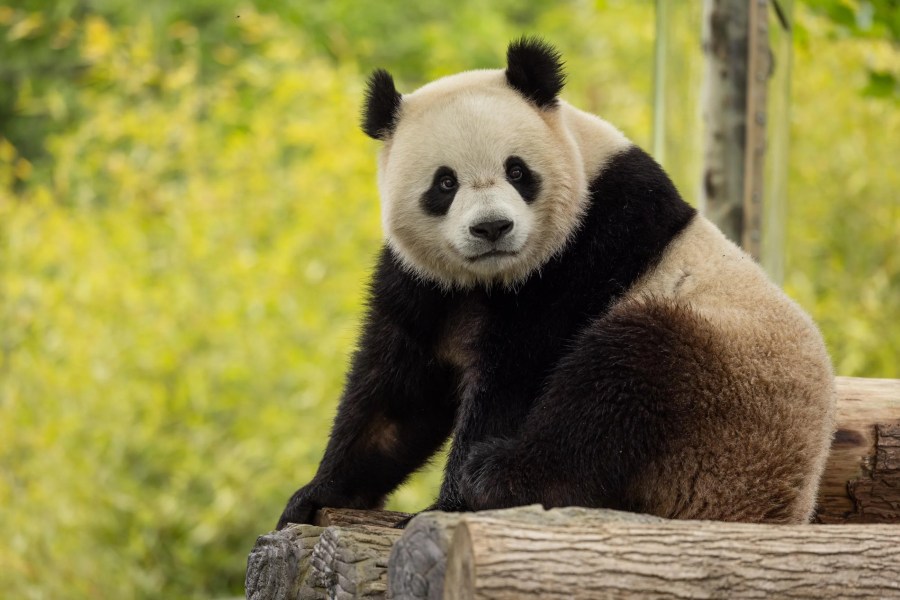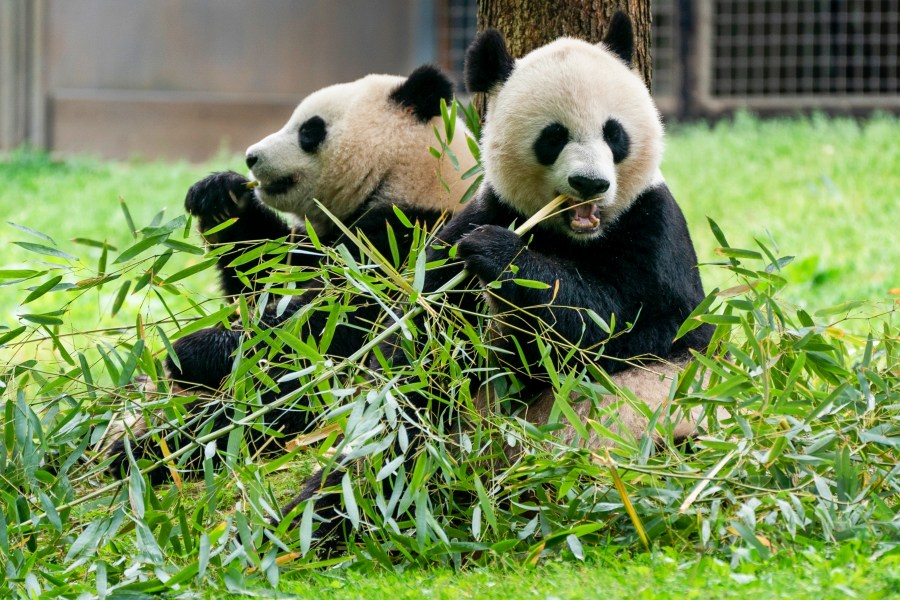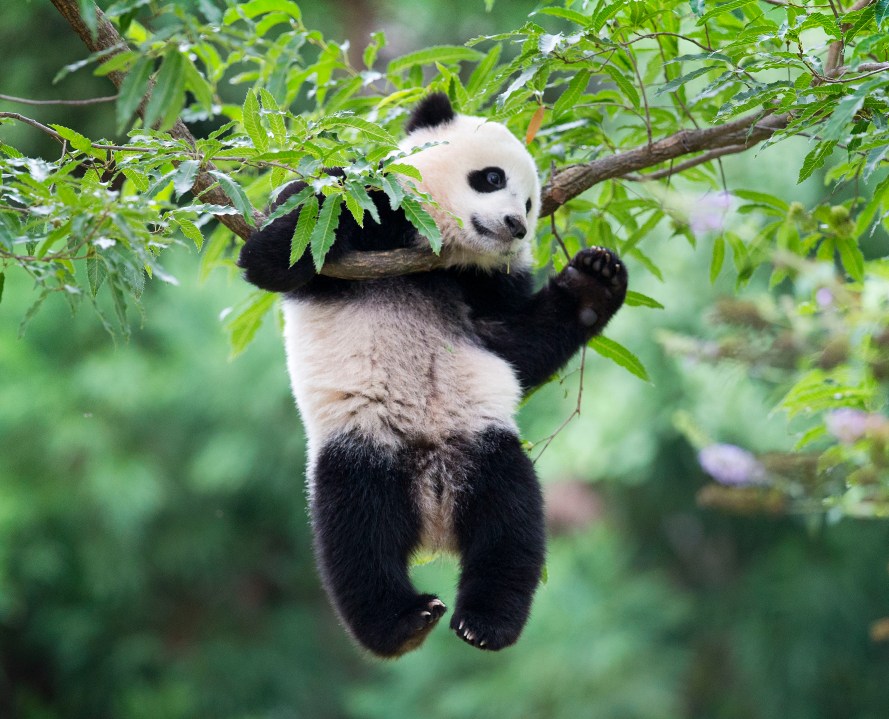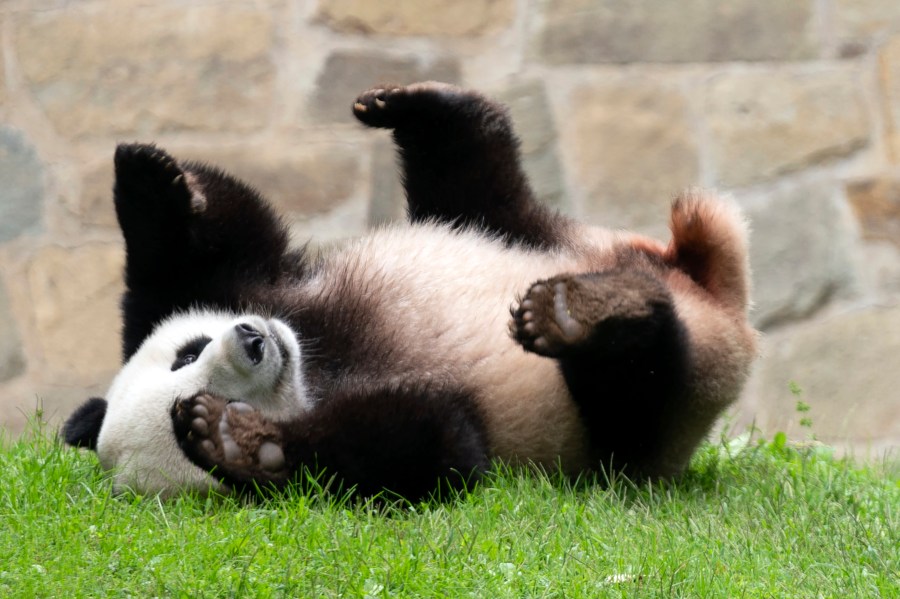(NewsNation) — Beijing will return pandas to The Smithsonian National Zoo and Conservation Biology Institute this year in a new agreement that could signal the improvement of diplomatic relations between the United States and China.
The announcement comes as the number of pandas in American zoos has steadily dwindled as loan agreements lapsed during U.S.-Chinese diplomatic tensions that remain high over economic relations, technology, trade, Taiwan and even a spy balloon.
What is ‘panda diplomacy’?
China has been using so-called “panda diplomacy” since 1972.
Pandas have long been the symbol of the U.S.-China friendship since Beijing gifted a pair to the National Zoo in 1972, ahead of the normalization of bilateral relations.
“The first two pandas – Ling Ling and Xing Xing – symbolized something we all celebrated at the time: China’s “reform and opening up” to the Western world as Mao’s cultural revolution came to an end,” former U.S. Ambassador Barbara Bodine told Georgetown Univerity.
“The pandas were the first sign, strategically placed in the nation’s capital, that the exchange of ideas, people and culture would begin between China and the United States.”
Later, Beijing loaned the pandas to other U.S. zoos, with proceeds going back to panda conservation programs.
When U.S.-China relations began to sour in recent years, members of the Chinese public started to demand the return of giant pandas. Unproven allegations that U.S. zoos mistreated the pandas, known as China’s “national treasure,” flooded China’s social media.
Pandas are ‘envoys of friendship’: President Xi Jinping
The latest scheduled exchange comes amid rising tensions between Washington and Beijing and only a few pandas remain in the U.S.
Panada parents Lun Lun and Yang Yanag are currently the last remaining pandas in the U.S., at Zoo Atlanta, and are set to return to China this year. There was no due date for the transfer, but it will likely happen between October and December, the zoo said.
That loan agreement for those pandas is set to expire this year, which meant no pandas would have been in the U.S. for the first time since 1972 when the Chinese government presented two pandas as gifts to America after President Richard Nixon’s historic Cold War visit to China, Voice of America reported.
However, during a trip late last year, Chinese President Xi Jinping signaled that China would send new pandas to the U.S., calling them “envoys of friendship between the Chinese and American peoples.”
“We are ready to continue our cooperation with the United States on panda conservation,” Xi said during a speech while attending a summit of Indo-Pacific leaders and meeting with President Joe Biden.
Earlier this year, a separate agreement was also announced to send a breeding pair of pandas to San Francisco.
Bao Li and Qing Bao are headed to the US
The National Zoo said Wednesday that a new pair of pandas named Bao Li and Qing Bao are heading to Washington under a 10-year breeding and research agreement.
“This historic moment is proof positive our collaboration with Chinese colleagues has made an irrefutable impact,” said Brandie Smith, director of the National Zoo & Conservation Biology Institute. “Through this partnership, we have grown the panda population, advanced our shared understanding of how to care for this beloved bear and learned what’s needed to protect wild pandas and preserve native habitat.”
Qing Bao is a 2-year-old female whose name means “green” and “treasure,” the National Zoo said. She was born on Sept. 12, 2021.
Bao Li is a 2-year-old male whose name means “treasure” and “energetic,” the National Zoo said. He was born on Aug. 4, 2021, at the China Conservation and Research Center for the Giant Panda in Sichuan.
He also has ties to D.C. as the grandson of Tian Tian and Mei Xiang, two pandas who lived at the zoo from 2000 to 2023. The pandas and their cub, Xiao Qi Ji, left the zoo in November.
The Associated Press contributed to this report.











